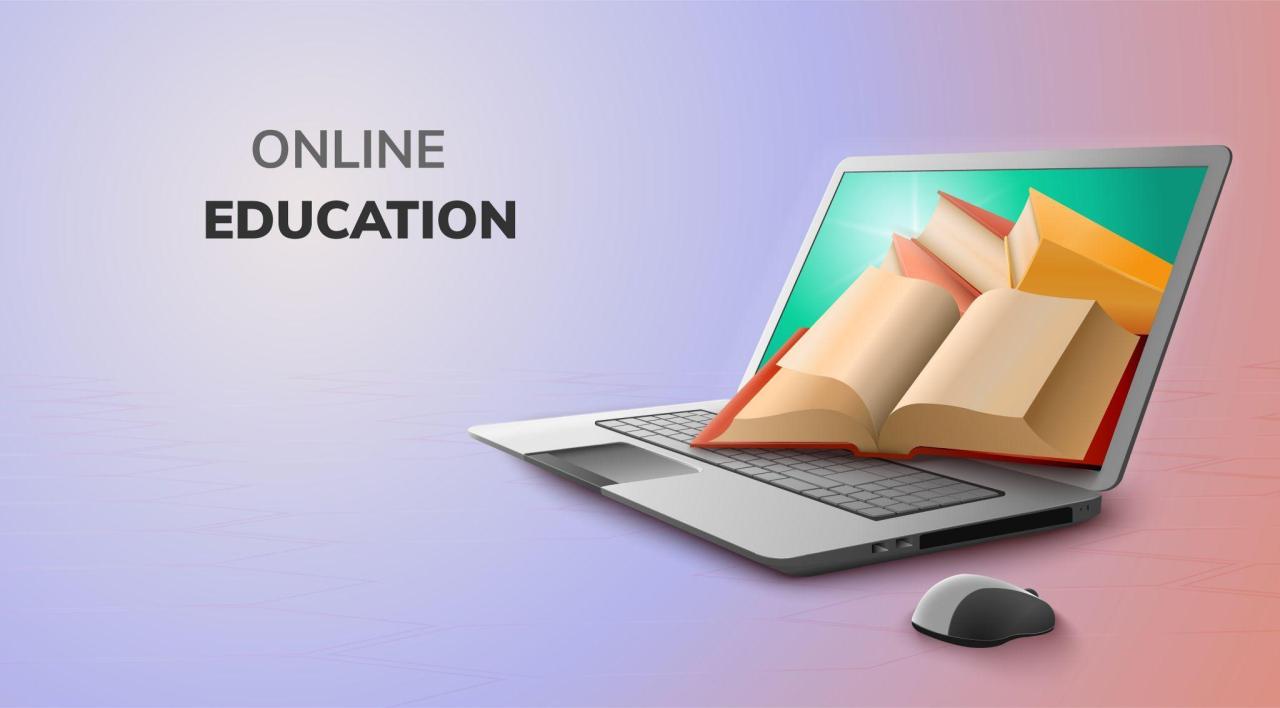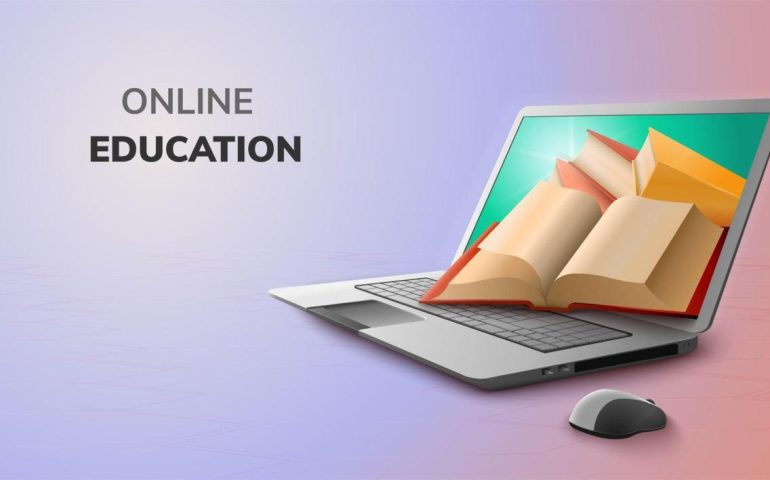
Unlocking the Boundless World of Learning
Introduction
In recent years, the world of education has witnessed an unprecedented transformation with the rapid growth of online education and virtual learning. Advancements in technology have revolutionized the way knowledge is accessed, disseminated, and acquired. Virtual classrooms, interactive learning platforms, and a wealth of educational resources are reshaping traditional educational paradigms. As we delve into this exciting realm of learning, we discover a world of opportunities and possibilities that transcend geographical boundaries and time constraints.
Embracing Technology: The New Face of Education
“Education is the most powerful weapon which you can use to change the world.” – Nelson Mandela
The integration of technology into education has heralded a new era of learning. With the proliferation of high-speed internet and the ubiquity of smart devices, students can now access educational content anytime, anywhere. Virtual classrooms and online courses have emerged as viable alternatives to traditional brick-and-mortar institutions, offering flexible learning options to a diverse range of learners.
Moreover, advancements in e-learning platforms have enabled interactive and engaging learning experiences. Gamification, virtual reality (VR), and augmented reality (AR) have found their way into educational settings, making learning enjoyable and immersive. For instance, language learning applications use gamified quizzes and challenges to make the process of mastering a new language engaging and fun.
The Rise of Massive Open Online Courses (MOOCs)
“The only thing that interferes with my learning is my education.” – Albert Einstein
One of the most significant revolutions in online education has been the advent of Massive Open Online Courses (MOOCs). MOOCs are free, accessible to all, and offered by top universities and institutions worldwide. Learners can choose from a vast array of subjects and take courses from renowned professors, broadening their knowledge horizons.
Coursera, edX, and Udacity are prominent examples of platforms offering MOOCs. Coursera, founded by Stanford professors Andrew Ng and Daphne Koller, partners with universities to offer high-quality courses to millions of learners globally. Similarly, edX, an initiative by Harvard and MIT, provides an extensive selection of courses spanning diverse disciplines.
Personalized Learning: Tailoring Education to Individual Needs
“Every student can learn, just not on the same day or in the same way.” – George Evans
Technology has paved the way for personalized learning, an approach that tailors educational content and pace to individual learners’ needs and preferences. Artificial Intelligence (AI) algorithms analyze learners’ performance and behavior to recommend appropriate learning materials, ensuring optimal understanding and retention.
Adaptive learning platforms, like Khan Academy, provide personalized feedback and adapt content based on individual progress. Students can learn at their own pace, reinforcing concepts they find challenging while swiftly moving through familiar topics. This customized approach fosters a deeper understanding of subjects, boosting overall learning outcomes.
Breaking Barriers: Accessible Education for All
“Education is the passport to the future, for tomorrow belongs to those who prepare for it today.” – Malcolm X
Online education has become a powerful tool in breaking down barriers to education. Geographical distance and financial limitations no longer stand as impediments to learning. Virtual classrooms connect students from different corners of the globe, fostering cross-cultural exchange and collaboration.
Furthermore, online education caters to learners with diverse needs and abilities. It offers inclusive options for students with physical disabilities, providing equal opportunities for learning and growth. For instance, visually impaired students can utilize screen readers and other assistive technologies to access educational materials effectively.
Challenges and Opportunities
“Innovation distinguishes between a leader and a follower.” – Steve Jobs
While online education presents remarkable opportunities, it also poses unique challenges. Maintaining academic integrity in an online environment remains a concern. Institutions and e-learning platforms must implement robust proctoring systems to prevent academic dishonesty during exams and assessments.
Additionally, ensuring digital literacy and internet access for all learners is crucial. Governments and educational organizations must work together to bridge the digital divide and provide equitable access to technology and online resources.
However, the challenges are outweighed by the vast potential online education offers. It provides educators with valuable data on student performance, enabling data-driven insights for continuous improvement. Online learning also fosters lifelong learning, allowing professionals to upskill and reskill, thereby remaining competitive in a rapidly evolving job market.
Conclusion
“Education is the movement from darkness to light.” – Allan Bloom
The rapid growth of online education and virtual learning has unleashed a wave of transformation in the world of education. Through technology-driven platforms, learners across the globe can access knowledge, interact with educators, and engage in a dynamic learning experience. The democratization of education has opened doors to countless individuals who strive for intellectual growth and personal development.
As we embrace this new era of education, we must remember that technology is a powerful tool, but it is the passion for learning and the dedication of educators that truly ignite the flame of knowledge. By leveraging technology with the human touch, we can usher in an era of limitless possibilities, empowering learners to explore, dream, and achieve their full potential in a world where the boundaries of education are boundless.










